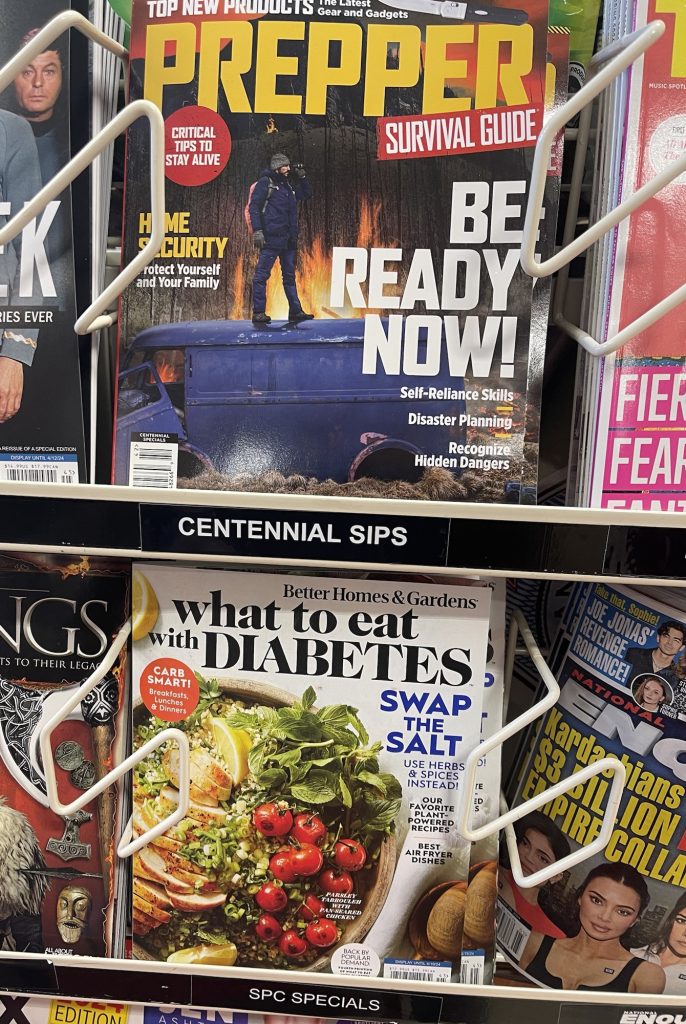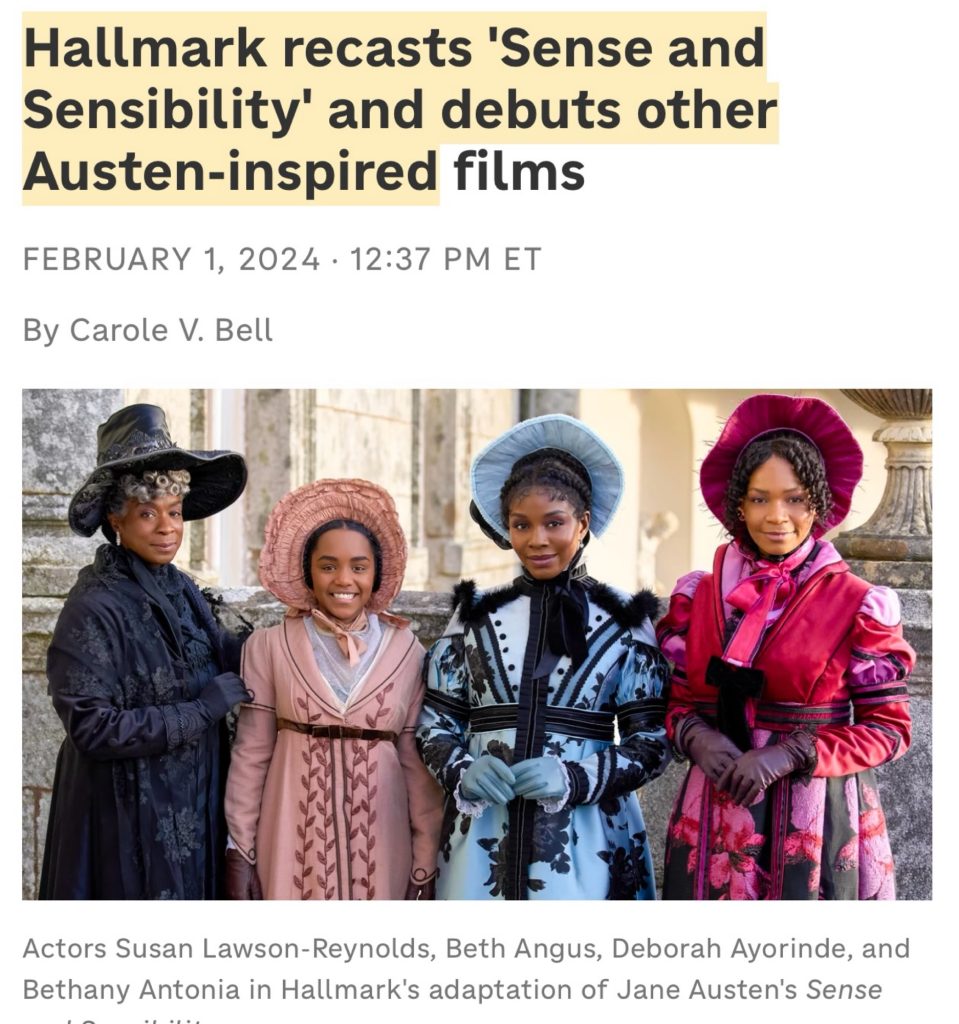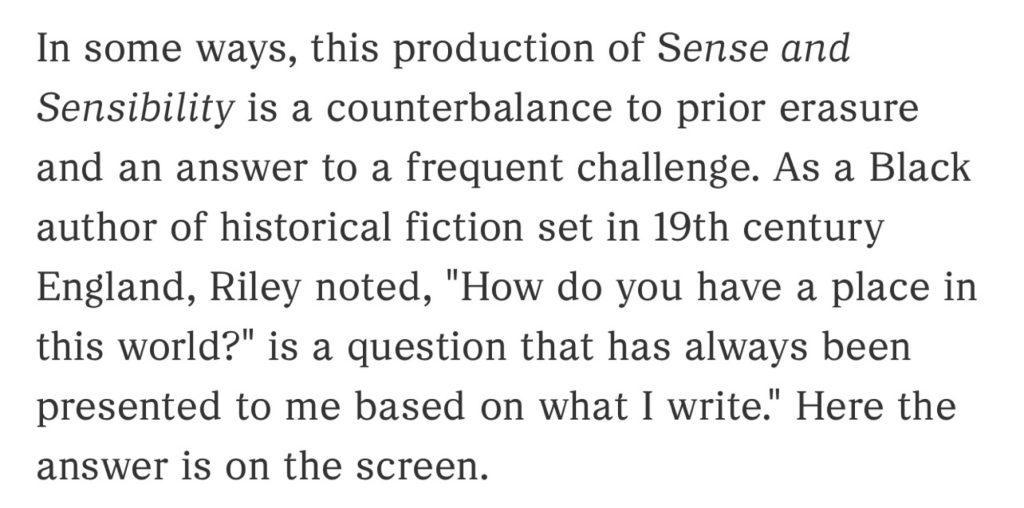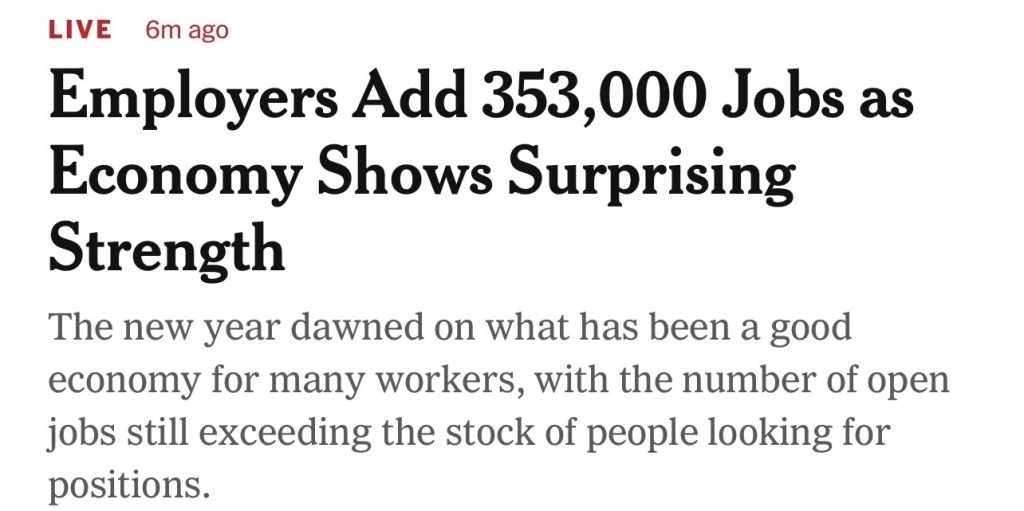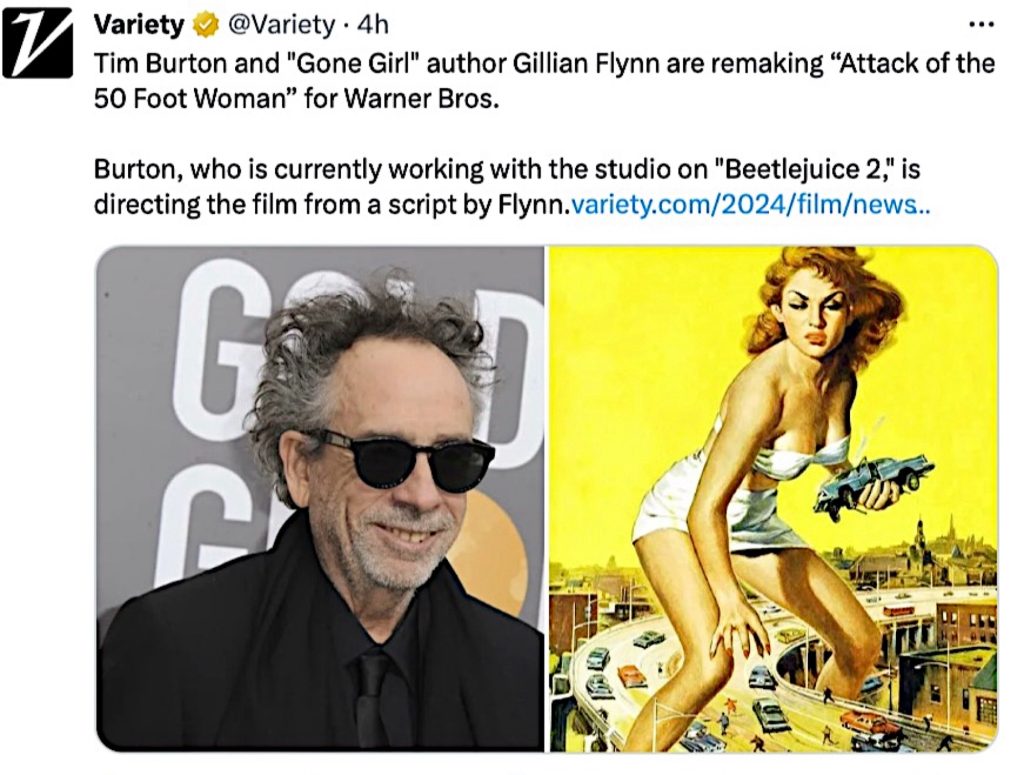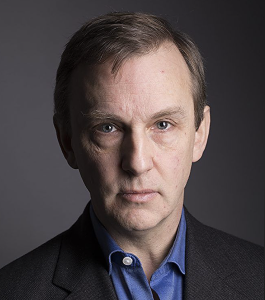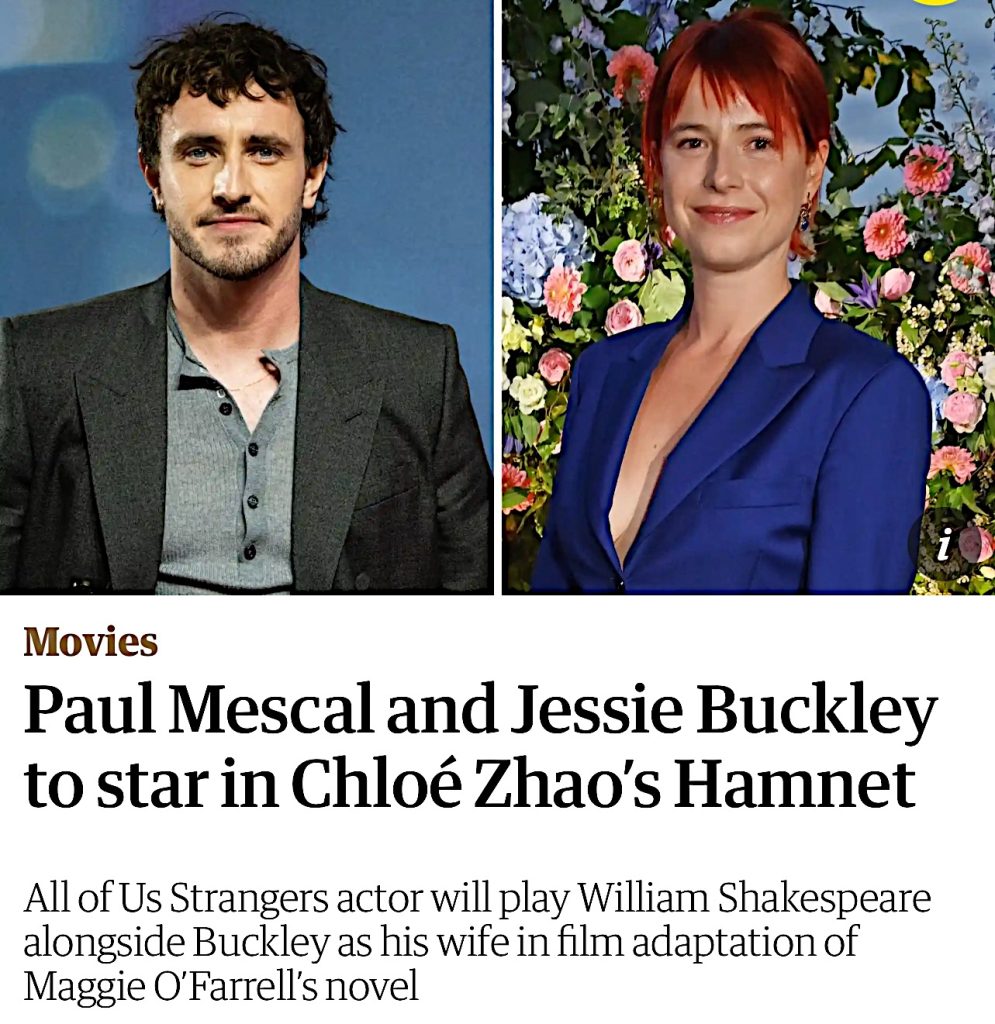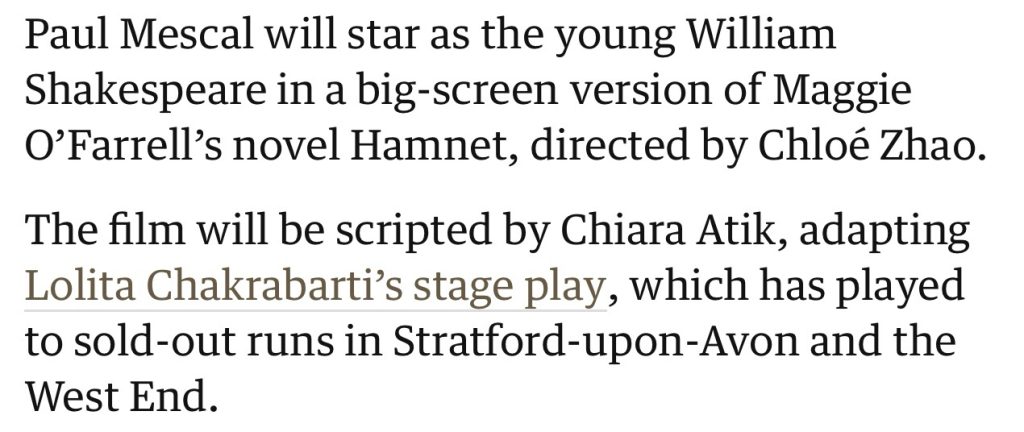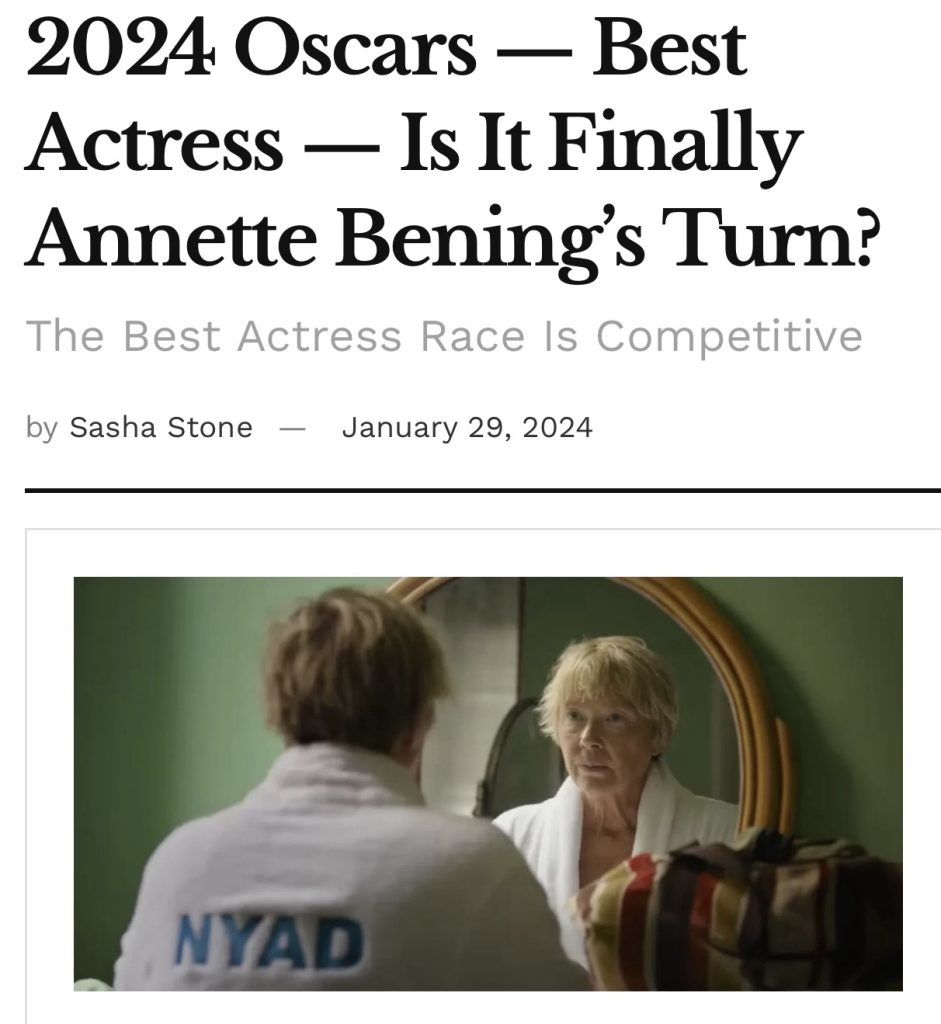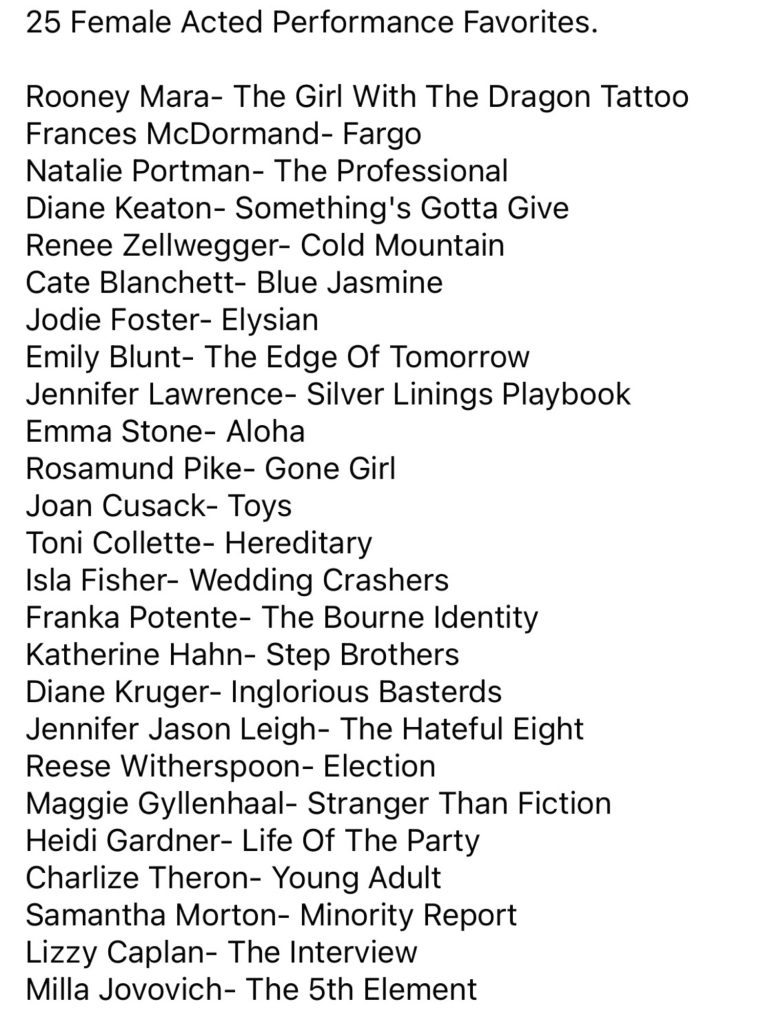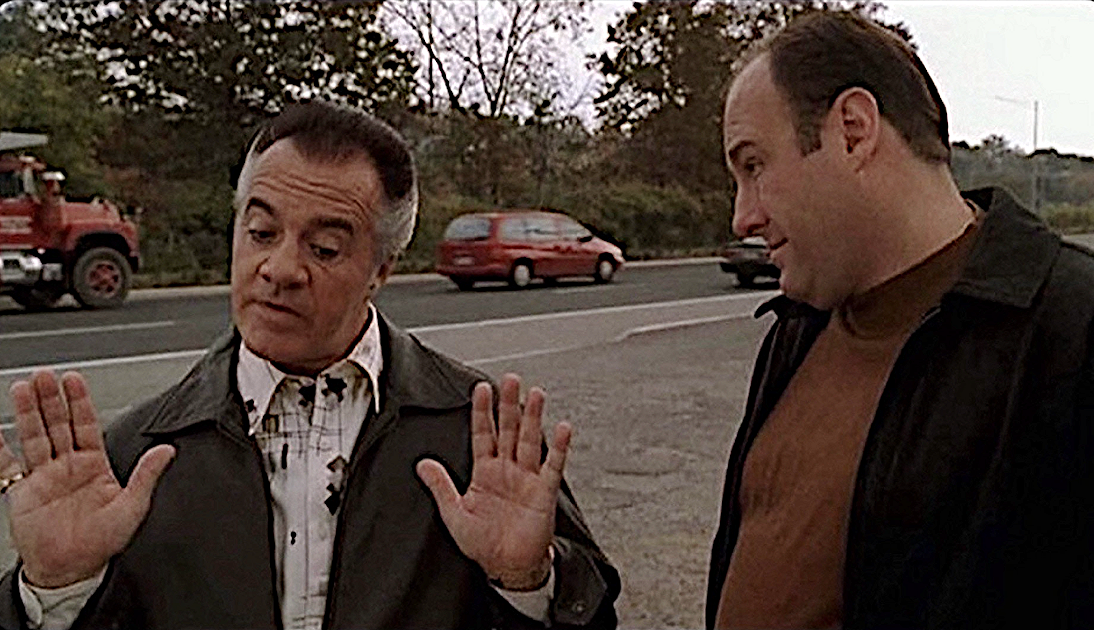For two or three weeks I’ve been watching a brief YouTube solicitation for donations to the Biden-Harris re-election campaign.
The spot might persuade a certain percentage to donate, but it mainly reminds that Joe Biden is too old and over-the-hill to be an effective campaigner.
Can Joe do the actual job? Mistakes and elite woke allegiances aside, he’s shown that he’s a moderate veteran who knows the ropes and can handle the demands after a fashion.
Does Joe project prime-of-life strength and hard-snap vigor? Please.

The 62 year-old guy on the left is clearly attractive, mentally sharp and possessed by natural charisma. The pale 81 year-old guy on the right is squinting too much — obviously in a state of natural great-grandfatherly decline — and he hoarsely mumbles more than enunciates.
I used to visit my late mom in an assisted living facility so don’t tell me.
This ad is telling us, in short, that the guy on the left has it and the guy on the right mostly doesn’t.
I want Biden to be re-elected and yet it’s obvious that he might not make it, as Steve Kornacki and that recent, seriously stunning NBC News poll suggests.
If Biden loses next November his name will be mud until the end of time.
Rather than accept reality and strategically step aside, historians will lament, he arrogantly insisted that he was the best candidate to defeat The Beast, and in so doing plunged the nation right back into another four years of deranged, law-defying chaos and neo-totalitarian horror.
Substitute Michelle Obama for Kamala Harris and the whole picture changes. People despise Harris and are terrified of a succession scenario, but the same folks would be down (or at least a lot happier) with Michelle.


